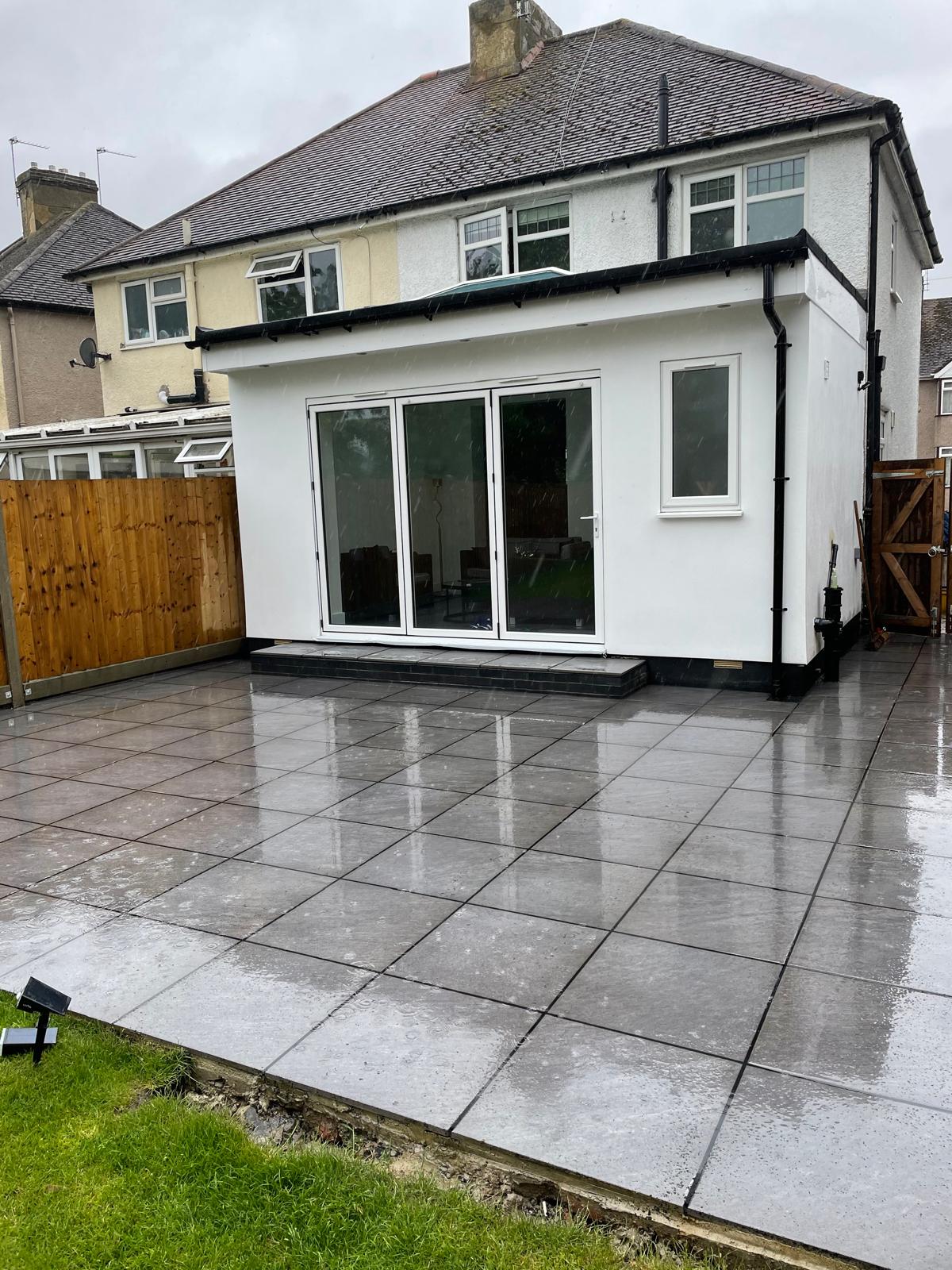So should I consider getting a house extension?
One of the most common questions I hear from homeowners is, “Is a house extension worth it?” From my years of experience in construction, I’ve seen how a well-planned extension can add value, space, and functionality to a home. However, the decision depends on several factors, including your personal needs, budget, and long-term goals. In this blog, I’ll explore the benefits, potential challenges, and key considerations to help you decide if a house extension is the right choice for you.
What Are the Benefits of a House Extension?
A house extension can be a game-changer for homeowners looking to improve their living space without the hassle of moving. Here’s why so many people choose this option:
1. More Space for Your Needs
One of the most obvious benefits is the additional space. Whether it’s a new bedroom, a larger kitchen, or a home office, an extension allows you to adapt your home to your changing lifestyle.
2. Cost-Effective Alternative to Moving
Moving to a larger property can be expensive and stressful. Between stamp duty, estate agent fees, and the cost of the new home, the expenses can quickly add up. In comparison, a house extension is often a more affordable solution.
3. Increased Property Value
A well-executed extension can boost your home’s market value, making it a sound investment. Open-plan kitchens, extra bedrooms, or modernised living spaces are particularly appealing to buyers.
4. Customised Design
Extensions allow you to design your home exactly how you want it. You’re not limited to existing layouts or features—you can create something tailored to your needs and tastes.
When Might a House Extension Not Be Worth It?
While extensions offer many benefits, they’re not always the best solution for every homeowner. Here are some scenarios where it might not be worth the investment:
1. Limited Space or Planning Restrictions
If your property is in a conservation area or has strict planning restrictions, getting approval for an extension can be challenging. Additionally, small plots might not have enough space for a practical extension.
2. Budget Constraints
House extensions require a significant upfront investment. If your budget is tight, the costs of materials, labour, and potential extras like planning permissions or VAT might outweigh the benefits.
3. Minimal Impact on Value
Not all extensions add significant value to a property. For example, if the local housing market has a ceiling price, spending too much on an extension might not offer a good return on investment.
What to Consider Before Extending Your Home
If you’re asking, “Is a house extension worth it?” there are a few key factors to think about before making your decision:
1. Your Long-Term Goals
Are you planning to stay in your home for the foreseeable future? If so, an extension can be a great way to improve your living space. However, if you’re thinking of selling soon, it’s worth considering whether the investment will increase your home’s value enough to justify the cost.
2. The Cost of the Extension
The cost of an extension varies depending on size, design, and location. On average, you can expect to pay:
- Single-storey extensions: £20,000–£50,000
- Double-storey extensions: £40,000–£100,000+
Be sure to set aside 10–15% of your budget for unexpected expenses.
3. Planning Permissions and Building Regulations
Not all extensions require planning permission, but they must comply with building regulations to ensure safety and structural integrity. Working with an experienced contractor can help navigate these requirements.
4. Disruption During Construction
While extensions are a long-term solution, the short-term disruption can be challenging. Noise, dust, and temporary loss of space are all factors to consider, especially if you’re living in the property during construction.
How Do Extensions Add Value?
From my experience, the value an extension adds depends on the type and quality of the project. Here are some of the most value-adding extensions:
- Kitchen-Diners: Open-plan kitchen extensions are highly sought after and can add 10–20% to your home’s value.
- Extra Bedrooms: Adding a bedroom, particularly with an en-suite, can significantly increase property value.
- Home Offices: With more people working remotely, a dedicated office space is an attractive feature.
- Loft or Basement Conversions: While technically not an extension, these projects offer great returns on investment by maximising existing space.
Sustainability in House Extensions
Many homeowners are now looking for eco-friendly solutions when planning an extension. Over the years, I’ve seen how sustainable practices can enhance both the functionality and value of a project. Here are a few options:
- Energy-Efficient Insulation: High-quality insulation reduces energy bills and improves comfort.
- Solar Panels: Integrating renewable energy systems can offset energy costs and appeal to eco-conscious buyers.
- Recycled Materials: Using reclaimed bricks, timber, and other materials can lower environmental impact.
These choices can make your extension more sustainable and cost-effective in the long term.
Final Thoughts, is a House Extension Worth It?
A house extension is often worth it if you’re looking for a cost-effective way to improve your living space and add value to your home. However, it’s essential to weigh the costs, benefits, and potential challenges before making your decision. By planning carefully and working with experienced professionals, you can create an extension that enhances your home and lifestyle.
If you’re still unsure whether a house extension is worth it for your property, I’d be happy to help. With years of experience in the construction industry, I’ve worked on projects of all sizes and can offer personalised advice to suit your needs.
Contact us here to discuss your plans. You can also check our verified reviews on Google My Business and Trust a Trader to see what others have said about working with us.

